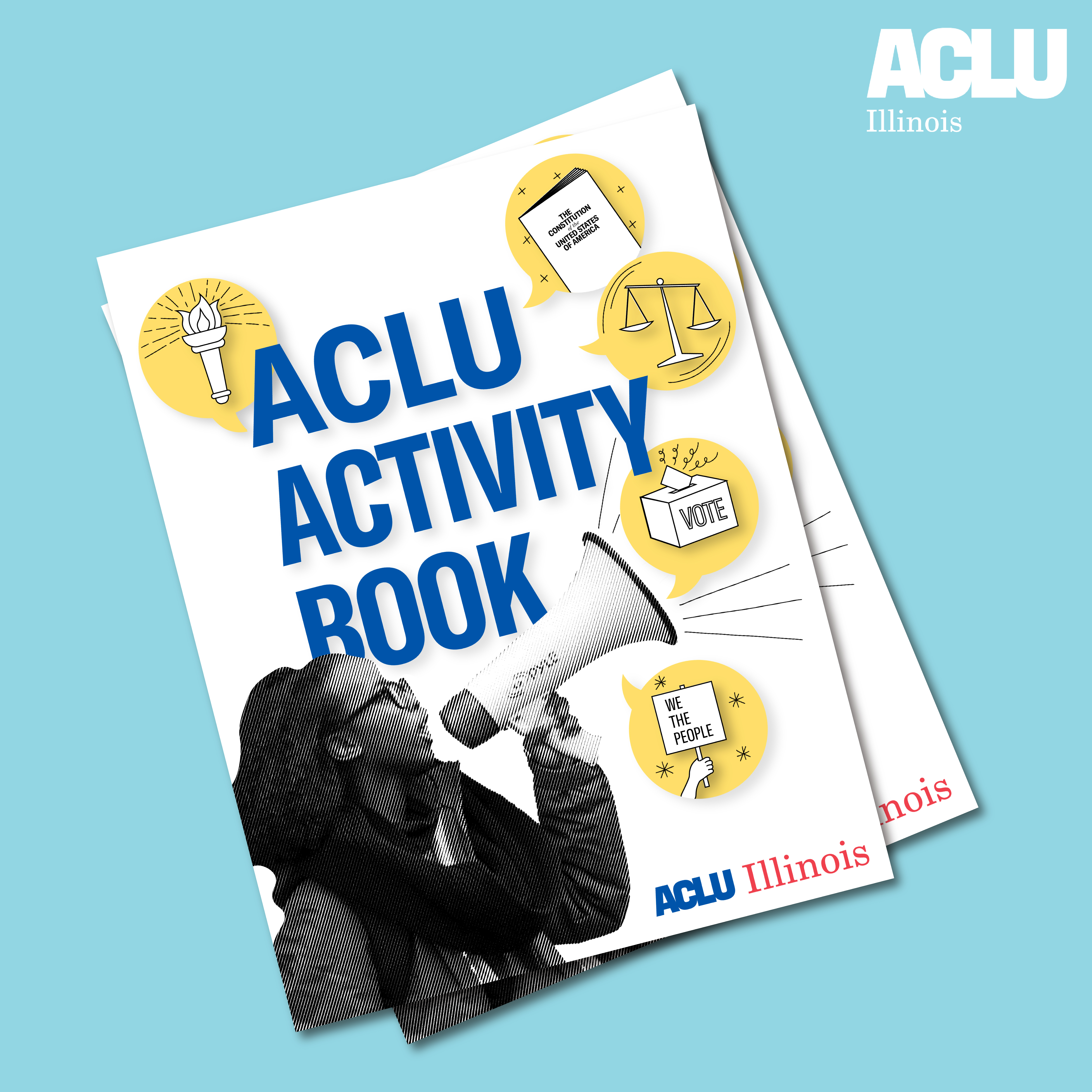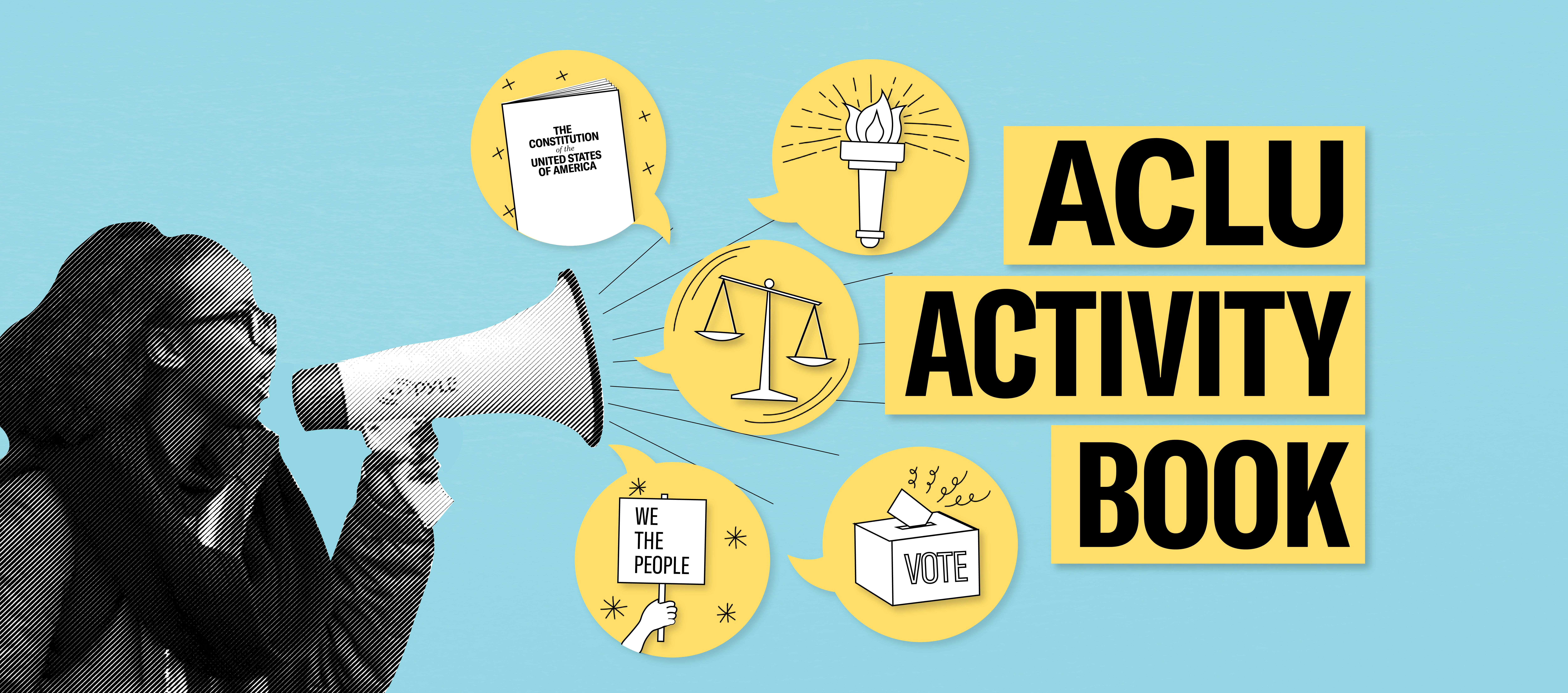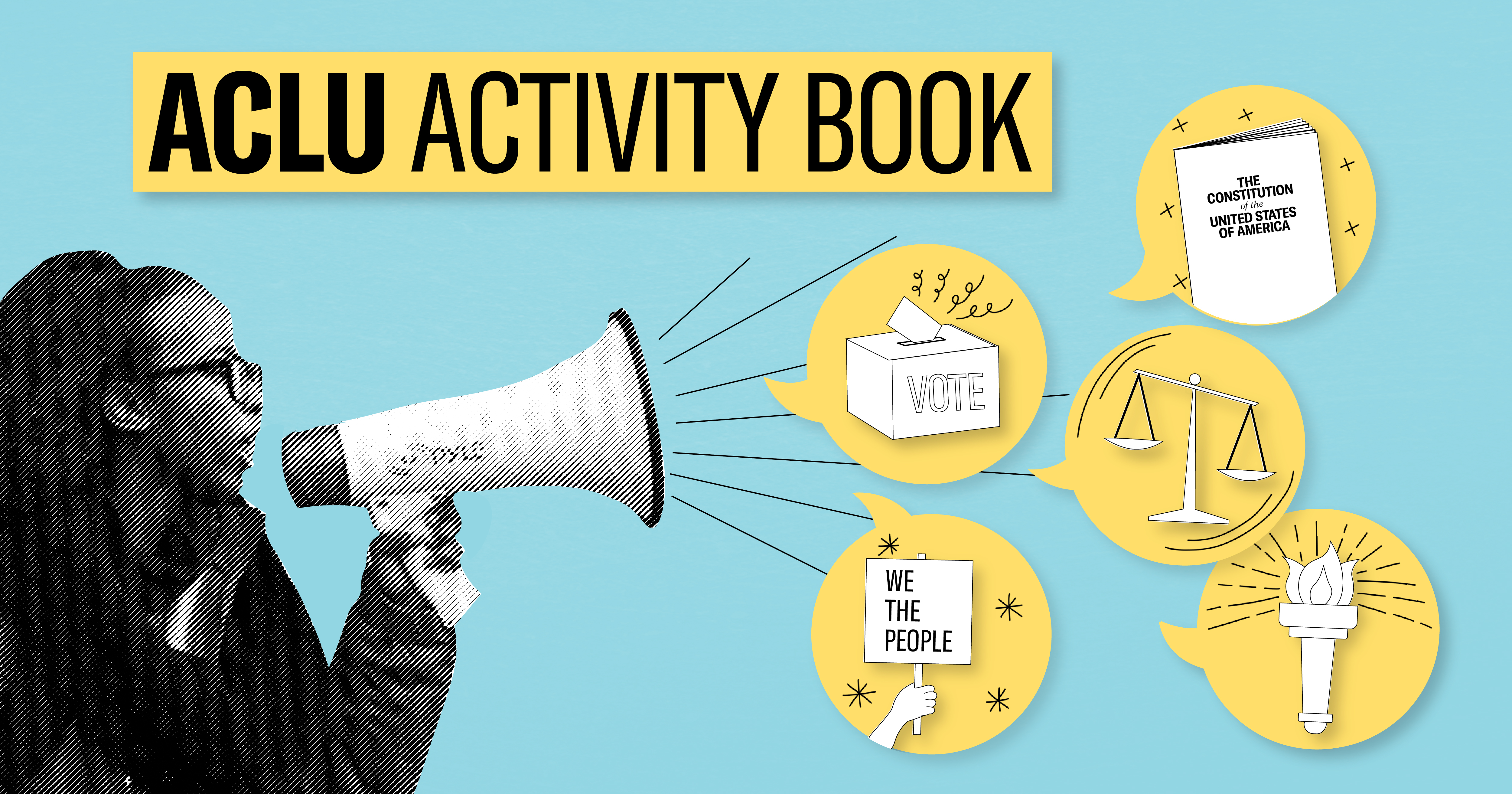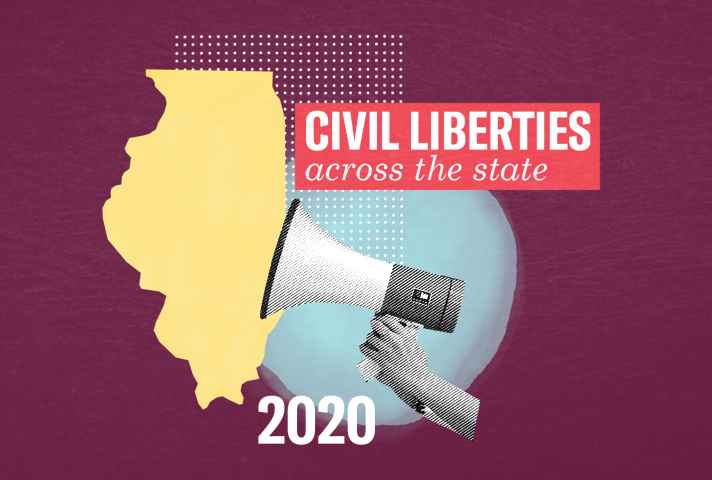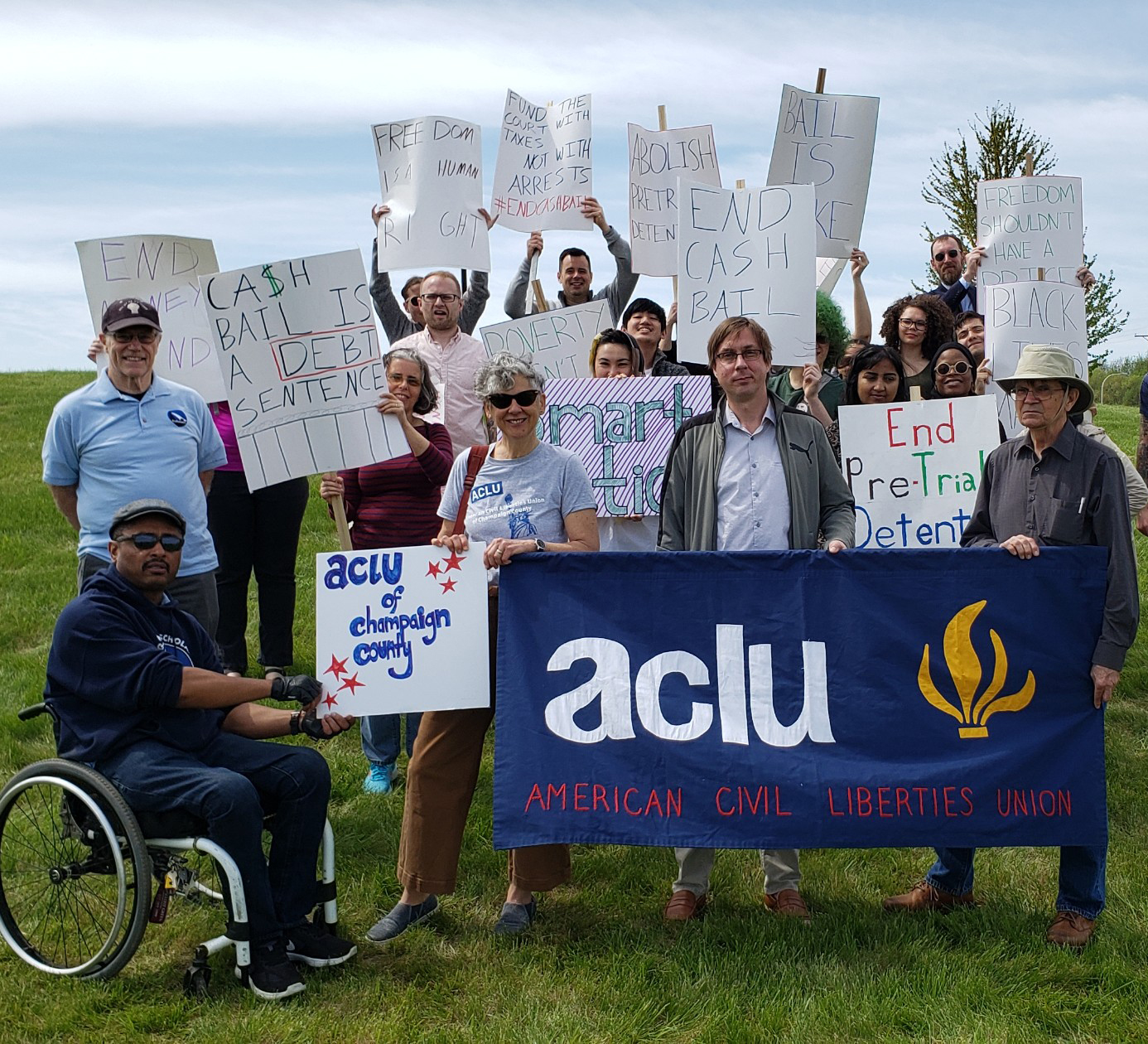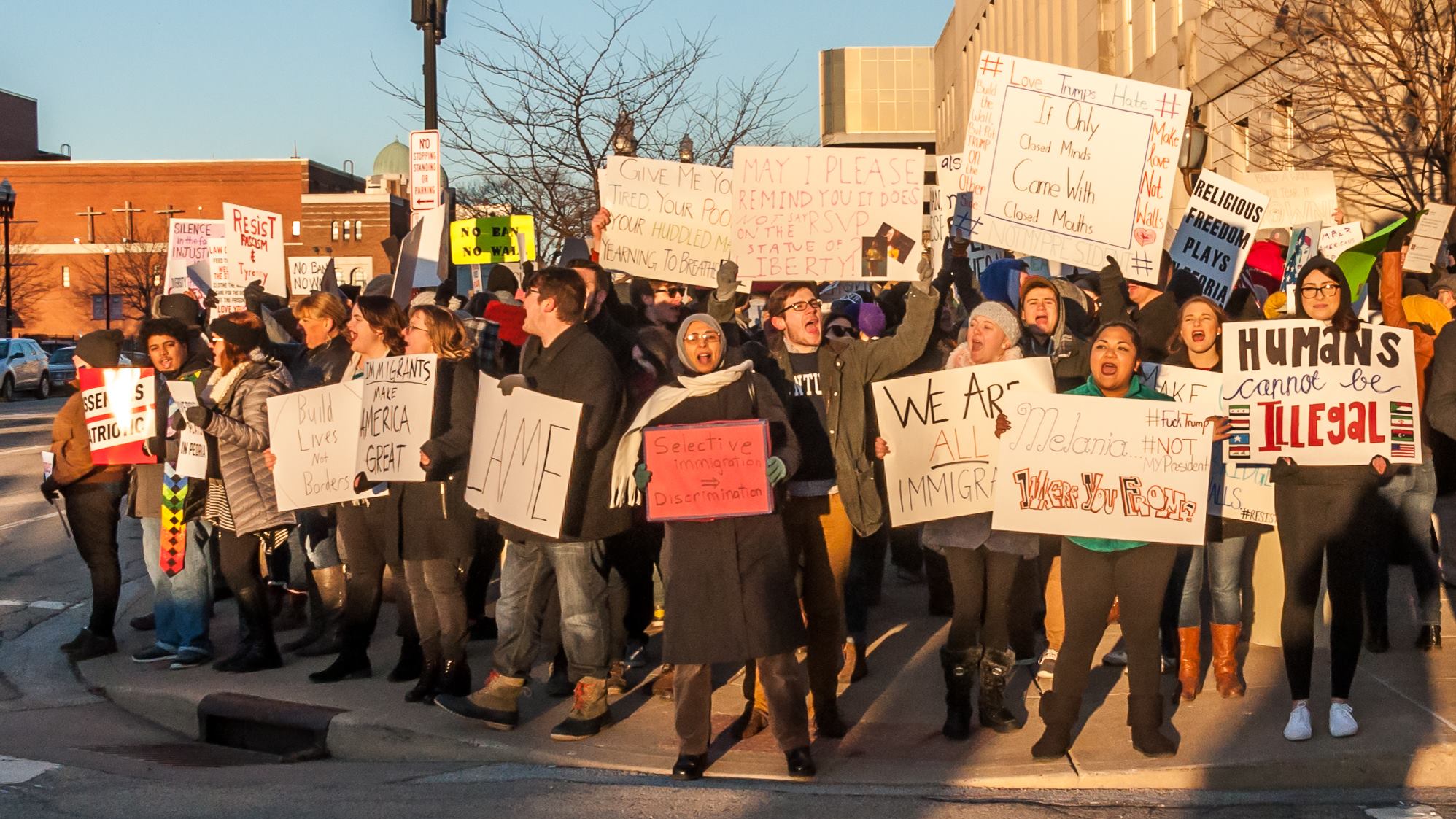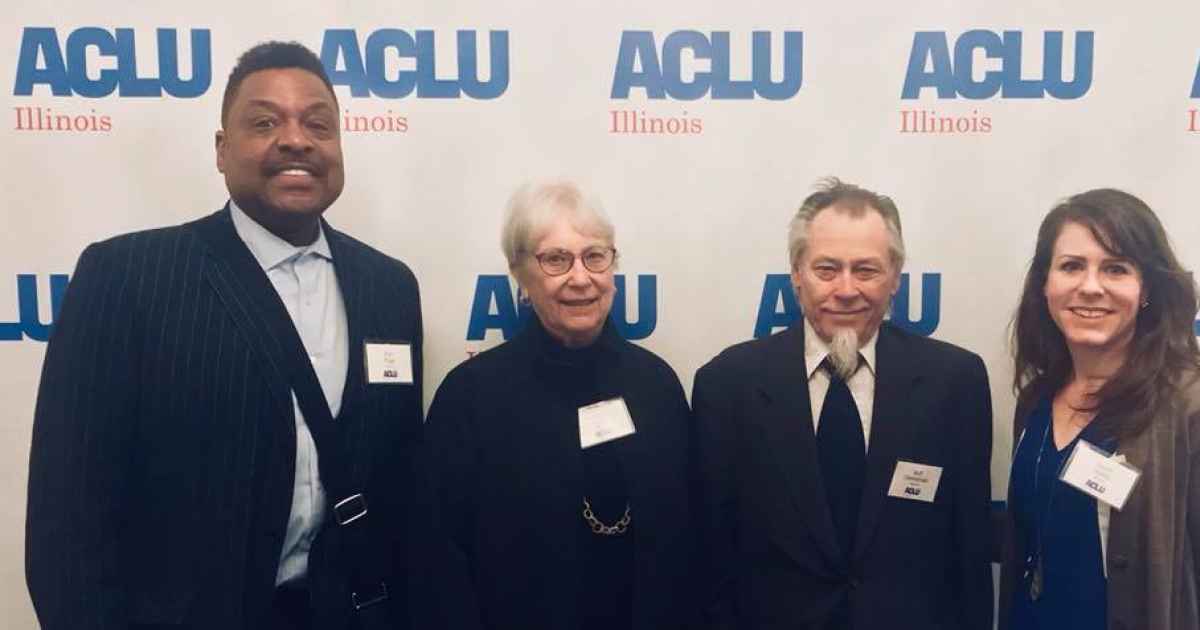A court-appointed medical expert charged with overseeing improvements in the health care system inside Illinois prisons again reported serious flaws in the system, including the continued need for qualified medical professionals and an effective program to control infectious diseases. The findings are contained in a comprehensive report to a federal district court in Chicago in Lippert v. Jeffreys, a case challenging the availability of adequate health care in Illinois prisons. The report, authored by Dr. John Raba, is the second accounting for the State’s progress under an agreement reached in 2019.
“Our clients – the more than 30,000 men and women held in IDOC custody – continue to face a significant risk to their health and lives because of the lack of adequate medical care in our prisons,” said Camille Bennett, Director of the Corrections Reform Project at the ACLU of Illinois and counsel in Lippert. “This is especially troubling in the midst of the COVID-19 pandemic.”
Among a list of problems in the health care system in the IDOC, the expert report highlighted these issues in need of urgent redress:
- IDOC “does not have an effective infection control program or adequate infection control staff.” The lack of an effective infection control program is exacerbated by the fact that the person hired to serve as the statewide Infection Control Coordinator is described as “not qualif[ied]” for the position.
- An analysis of IDOC staffing reveals that a startling 357 additional medical/dental care positions are necessary to adequately staff the statewide health care system.
- Beyond open positions, three physicians currently practicing in IDOC have licenses that are on “probationary” status.
- Just 1% of prisoners with Hepatitis C are being treated for the disease – Hepatitis C patients comprise a full five percent of the total IDOC population.
The report is the latest in Lippert v. Jeffreys. A 2018 examination of the system by an outside medical expert found 12 preventable deaths among a group of 33 IDOC deaths that were intensively examined. Another seven in that group were possibly preventable and the record-keeping in five cases was so poor that the expert and his team could not determine if the death was preventable. The expert identified a total of over 1,700 medical errors in the group of 33 mortalities. Before the matter went to trial, the parties agreed to a settlement in late 2018, later approved by the federal court in 2019.
A report by Dr. Raba in January of this year found many of the problems identified in the latest update.
“It is time for the State to dig in and address these concerns – if not during a pandemic, then when?” added Bennett.
